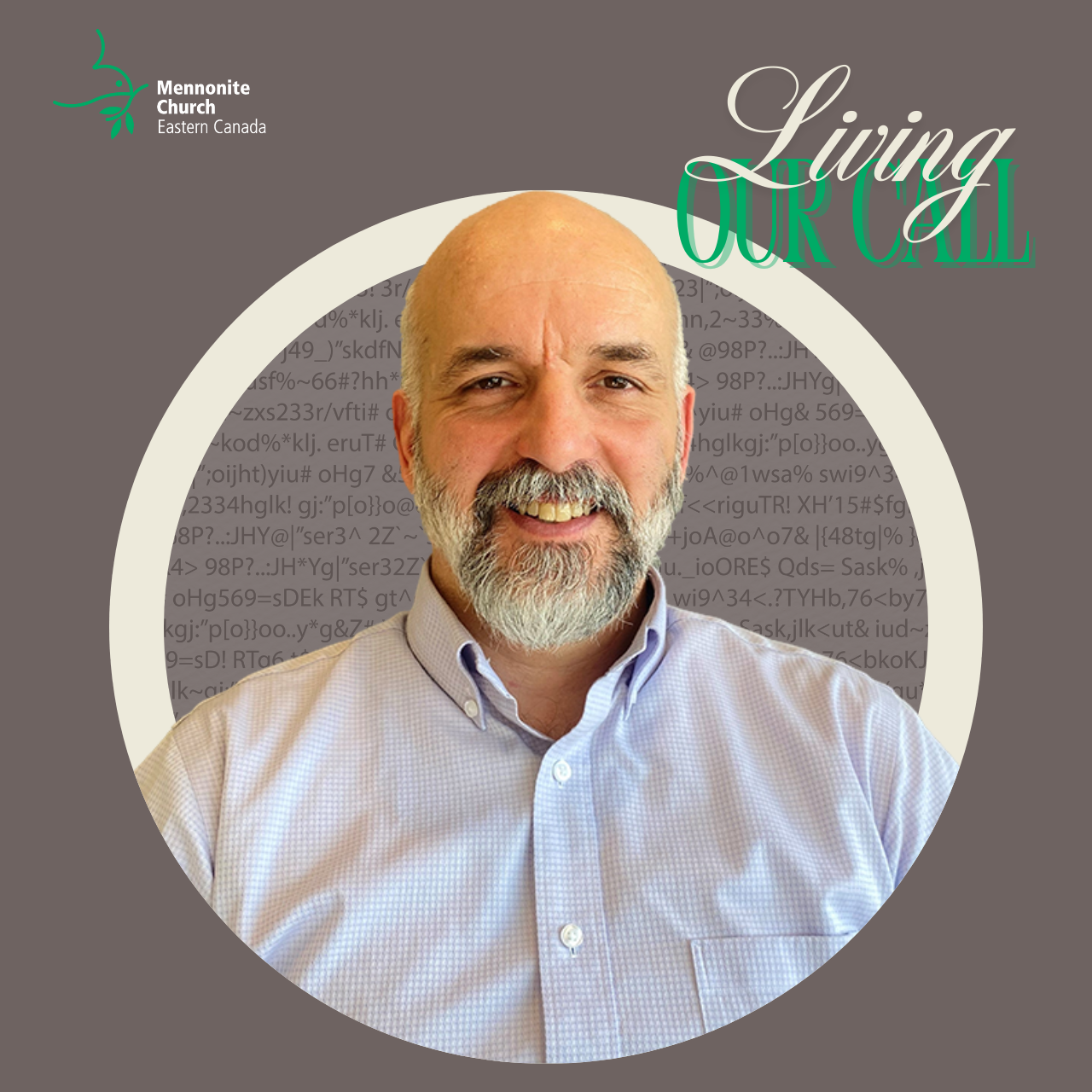Confronting Christian Zionism
June 11th
 It has been more than 20 months since Hamas militants invaded southern Israel, killing more than 1,000 people and abducting another 250. Since then, Israel’s response has taken the lives of more than 50,000 Palestinians. These events, and the continued war, have sparked violence and hateful confrontations around the world—against Jews and against Muslims. The roots of this violence, as I trust we know, are embedded in soil much older and much deeper than these recent events. The Nakba, the British Mandate, the Holocaust, a millennium of European anti-Semitism, and generations of Palestinians living as refugees have a produced a situation where exclusivist world views are super-charged by outside interests.
It has been more than 20 months since Hamas militants invaded southern Israel, killing more than 1,000 people and abducting another 250. Since then, Israel’s response has taken the lives of more than 50,000 Palestinians. These events, and the continued war, have sparked violence and hateful confrontations around the world—against Jews and against Muslims. The roots of this violence, as I trust we know, are embedded in soil much older and much deeper than these recent events. The Nakba, the British Mandate, the Holocaust, a millennium of European anti-Semitism, and generations of Palestinians living as refugees have a produced a situation where exclusivist world views are super-charged by outside interests.
I am not writing today to say that I know the path forward or to offer yet another call for prayers of peace. I am writing instead to alert our churches to one of the roots of the conflict, one of the outside interests super-charging the horror of this ongoing war—Christian Zionism.
Christian Zionism has been around for more than a century. In brief, Christian Zionists believe three things: 1) that God’s gift of land to Abram applies to modern Israel; 2) that God’s commitment to bless those who bless Abram, and to curse those who curse him applies to modern Israel; and 3) that the modern state of Israel will be involved in a literal and final cataclysmic battle that will trigger Jesus’ return as a conquering king.
While Christian Zionists are keen to support the state of Israel, they are much less interested in the safety and dignity of Jewish people in other communities around the world. Christian Zionists instrumentalize Jews and risk counting antisemitism as ‘part of God’s plan.’ The Christian Zionist worldview is so captivated by the idea of Jesus’ second coming, that it ignores the clear and oft-repeated biblical call for justice. Put another way, Christian Zionism is more interested in the ancient kingdom of Israel than the message Jesus shared about the kingdom of God. The political upshot is that Christian Zionism contributes to the wide latitude the international community has given Israel in the current campaign to subjugate and remove Palestinians.
What can Mennonite churches do?
Congregations can be spaces for learning and encounter. We can organize opportunities for our communities to learn about Judaism, Islam, Palestinian Christianity, the theology of Christian Zionism and the history of a region which has long included people of different faith traditions. We can inquire into ‘our’ own history as well. How have Christians, including Mennonites, contributed to antisemitism and religious nationalism? How have Mennonites been present in Palestine and Israel? What have they learned?
Congregations can engage politically. Amnesty International, a UN special rapporteur and others on the ground have stated that Israel’s conduct of the war should be understood as an act of genocide. The Mennonite Church Canada Palestine and Israel Network (a volunteer association of working groups and individuals) has produced a draft letter to Prime Minister Mark Carney and other resources for consideration. Bottom line – the war and the suffering it continues to cause must end.
Congregations can also do theological work. Christian Zionism is, in my view, a stew of lumpy prooftexts swimming in a sauce of terrible biblical exegesis. Why do Christian Zionists think that the land of Israel/Palestine belongs to a specific people group, when scripture repeatedly makes clear that the whole earth belongs to God and humans are but caretakers (e.g., Lev. 25:23, Dt. 10:14, Ps. 24:1 & 89:11) Why does Gen. 12:3 (God blessing/cursing those who bless/curse Abram) play such a central role in this political theology? Why is that more important than, say, the call for justice in the land by the prophet Amos (i.e., Amos 5:24)? Why do Christian Zionists believe that Jewish folks need to continue to serve a sacrificial role in the Christian Zionist belief system when the New Testament tells Christians that the identity of God’s people is no longer bound by ethnicity (e.g., Gal. 3)? And why, despite our best understanding of apocalyptic as a biblical genre, do Christian Zionists insist on such literalistic readings? Those are my thoughts, but what might members of your congregation think?
Finally, let’s remember others suffering in long and violent campaigns of ethnic and national fracture, including those in DR Congo, Myanmar, Sudan, and Ukraine. Each of these conflicts is different, but in each many, many people who are treasured by God suffer horrifically. Some of our MCEC churches have direct connections to these war-torn parts of the world. I encourage congregations who do not have these connections to explore pathways of meaningful solidarity with those who can put faces and names to the long list of God’s beloved who bear the wounds of war.